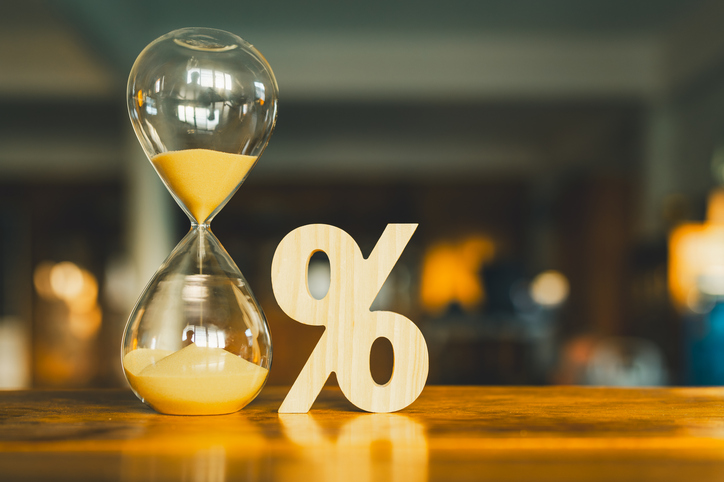Why There’s So Much Confusion Over What ‘Inflation’ Means
The comments below are an edited and abridged synopsis of an article by Frank Shostack
Inflation is not a general increase in prices, but it is an increase in the money supply out of thin air, which brings about the impoverishment of wealth generators.

When inflation is seen as a general increase in prices, then anything that contributes to price increases is called inflationary. In this framework, not only does the Fed have nothing to do with inflation, but is regarded as an inflation fighter.
Mises wrote that governments try to change the meaning of inflation, which is the inevitable consequence of rising prices. They hide the fact that this rise is produced by an increase in the amount of money and money substitutes. They put the responsibility for the rising cost of living on businesses. The government, which produced inflation by multiplying the supply of money, incriminates manufacturers and merchants, and glories in the role of being a champion of low prices.
Shostack discusses the historical origins of inflation; how money created out of thin air undermines the proper role of money; money out of thin air in the real world; and an increase in the supply of gold and inflation.
According to some commentators, on a pure gold standard an increase in the supply of gold is likely to generate all the distortions associated with inflation. But this wouldn’t be the case, since an increase in the gold supply constitutes an increase in wealth and not an increase in money out of thin air.
We use gold as jewelry and in various industrial applications. In this sense, gold is part of the pool of wealth. If there is a persistent increase in gold production (unlikely), the exchange value of gold is likely to be subject to a persistent decline versus other goods, all other things being equal.
But since gold suppliers have increased the production of a useful commodity, an increase in the gold supply does not generate an exchange of nothing for something. In this sense, an increase in the gold supply does not generate harmful effects as the increase in money out of thin air does.


I agree 100%. Inflation is any increase in the money supply. When Jim Rickards shills for the FED by claiming that inflation has nothing to do with the money supply, he made me so sick that I cancelled my subscription to his newsletter, and I won’t listen to or read his BS any more. He should not be trusted.